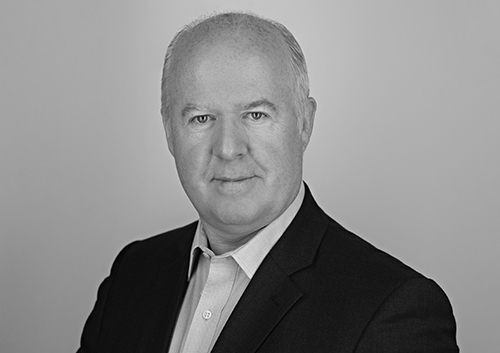The news this week that 21-year-old Declan Healy has graduated from the PFS apprenticeship scheme with a distinction - the first time the highest honour has been achieved - is immensely encouraging for two reasons.
Firstly, it marks clear evidence that younger people are being attracted into the profession and secondly it shows that apprenticeships can work well and are not just for engineers or mechanics as was once the case.
In recent times, Financial Planning Today has also reported many stories of people achieving, for example, PFS Fellowship in their twenties, or young Paraplanners in their twenties achieving Chartered Financial Planner status. The one-offs have become a trend.
It’s no secret Paraplanning is leading the way and is becoming a younger, female and graduated-oriented profession. I attended last year’s CISI Paraplanning Conference and was impressed to see many of the delegates were female, about 70% I would estimate, and many in their twenties or early thirties. The level of the technical sessions was second to none and in many ways higher than some Financial Planning events I’ve attended. Paraplanning is no longer a ‘junior’ profession.
Several Financial Planning firms have also set up academies or graduate programmes too and these, in some cases, are introducing dozens of new young professionals a year.
In the olden days (about 20 years ago), IFAs were traditionally second jobbers. Many had been in the military or education or tried other jobs before settling on the IFA world to earn their bread. In the case of Financial Planners many had trained previously as accountants or lawyers or worked in other professions.
The positive aspect of this was that they knew how to be professional, the more challenging issue was that many were not that far away from retirement.
Some have criticised the image of financial advice as an older, male-dominated world. I don’t share that view, it simply happened because that’s who the recruits were. The poor reputation of commission-hungry IFAs simply deterred many graduates from joining. Older people grabbed the opportunities available and perhaps there was also a bias towards older, male advisers. Some of these older, male advisers were, of course, setting up their own firms so it’s no wonder they were employee number 1.
That’s now changing but a revolutionary shift towards nothing but young advisers under-30, a Logan’s World scenario, is not the answer.
What I think is the answer for most firms is a healthy mixture of youthful energy and wise old experience, a great combination for any business.
The new younger generation of advisers are certainly making waves, however, and that’s a very positive thing. It’s clear many enjoy the challenge of taking qualifications and moving up the professional ladder. After all, if you are used to finals some professional exams could well be a piece of cake.
This new generation could also lead to a demand for even higher standards of professionalism and newer ways of working. A 21-year-old will have never known a time without the internet and struggle to remember times before smartphones and social media. They will work differently and have different professional aspirations.
Apprenticeships too are a chance to offer a more diverse group of people roles in the profession and I hope the profession in 20 years time is a much more mixed, diverse place. The signs are hopeful but there’s still much more to do.
Kevin O’Donnell is editor of Financial Planning Today and a financial journalist with over 30 years of experience. He previously worked for the Financial Times Group and for daily and weekly newspapers.
• PS, I’m taking part in a sponsored 10k all night walk in Manchester to raise cash for a hospice which provides outstanding care for terminally and serious ill people. Find out why here: bit.ly/2Er343F

